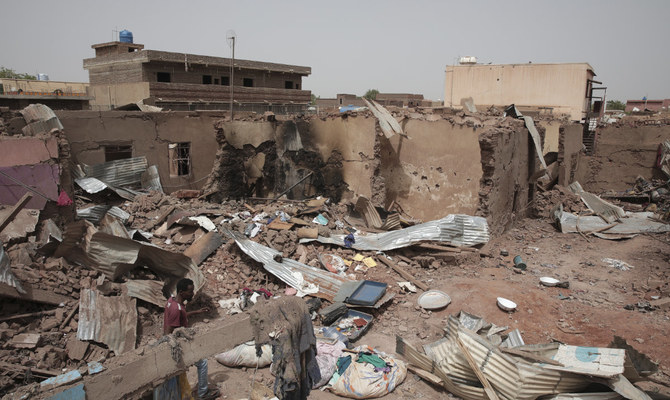
The United Arab Emirates is seeking to play an “effective” role to advance negotiations on the Grand Ethiopian Renaissance Dam (GERD).
It is also aiming to resolve the 11-year conflict by relying on its political rapprochement with parties to the case, namely Egypt, Ethiopia and Sudan.
An informed source said the UAE has recently presented itself as an indirect mediator, hoping to achieve a breakthrough by resuming the frozen negotiations and signing an agreement that safeguards the three countries’ interests.
The Gulf country’s permanent mission to the UN underscored on Wednesday the African Union’s essential role, welcomed the commitment of the three countries to the AU-led negotiations, and encouraged them to continue negotiating in “good faith.”
Last week, Cairo turned to the Security Council once again to protest what it called “unilateral measures” taken by Addis Ababa, the last of which was its third filling of the dam reservoir without reaching an agreement with Cairo and Khartoum.
The UAE statement did not mention Addis Ababa’s latest action, which raised questions.
Former Egyptian Minister of Water Resources and Irrigation Nasr Eldin Allam said the statement put Cairo and Khartoum on one side and Addis Ababa on another.
“The statement claims that the three countries want to reach an agreement in this regard despite knowing that Ethiopia has been obstructing efforts to reach a deal that comes in line with the international law.”
The source told Asharq Al-Awsat that Abu Dhabi is not required to side by Egypt and Sudan, instead, its neutral position may prompt Addis Ababa to accept its proposals for a solution as an unbiased mediator.
It cited the United States’ failed mediation under then-President Donald Trump, whom Ethiopia accused of being biased to Egypt.
Cairo and Khartoum have repeatedly called for reaching a legally binding agreement to fill and operate the dam without harming their water interests.
They fear the potential negative impact of GERD on the flow of their annual share of the Nile’s 55.5 billion cubic meters of water, in addition to other environmental and economic consequences.
The UAE’s indirect mediation is based on the Declaration of Principles Agreement, which was signed by the three parties to the conflict in Khartoum in 2015, and which the mission considers “a basic reference for negotiations.”
The UAE supports the objectives of the parties to agree and resolve their differences to maximize the benefits to them and their peoples, the statement read.
The source stressed that the UAE needs greater Arab support from countries that have regional influence, such as Saudi Arabia and Qatar, as well as international support, to succeed in this regard.
The last round of talks between the three countries in Kinshasa ended in early April 2021 with no progress made.
Dr. Mohamed Mahmoud Mahran, a specialist in public international law, told Asharq Al-Awsat that Egypt’s demands are legitimate and legal.
“It only wants to end Ethiopia’s intransigence and resolve the dispute by signing a binding legal agreement on dates to fill and operate the dam according to international law.”
Mahran stressed that Cairo knew that the dam had serious technical defects and cracks based on a report by the International Committee that was established in 2013, yet it agreed to advance the process under a legally binding agreement.
However, he stressed that Ethiopia has not yet provided safety studies, warning that the dam may collapse and cause a disaster for Egypt and Sudan.
Mahran stressed that the water security of Egypt and the region are indivisible.
He urged Abu Dhabi to pressure Addis Ababa to resume negotiations and take into consideration the interests of the two downstream countries.












